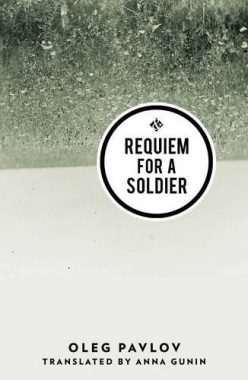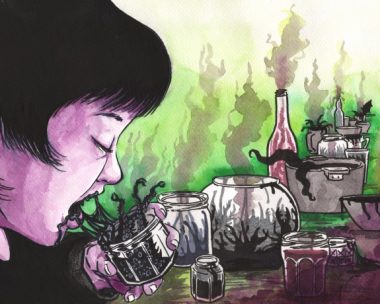Renowned insult comic, Jeff Ross, has been eviscerating celebrities and public figures for decades now. He’s built a formidable career by hurling mean-spirited, NSFW jokes with the precision and proficiency of a prizefighter. In an increasingly politically-correct, sensitivity-policing society, The Roastmaster General has been able to push his brand of comedy—plowing through controversial topics such as race, politics, religion, homophobia, and domestic abuse (just to name a few)—far beyond the socially acceptable boundaries that more fearful comics wouldn’t even dare to approach. And with impunity.
Rather than keeping it safe in his acts, Ross chooses to challenge himself creatively. Ross believes, “Comics have a responsibility to shine a light on the darkest place in our society,” and he lauds recently deceased comic legend, Joan Rivers—who herself had a penchant for putdowns—for skillful risk-taking in her acerbic retorts.
In an interview with the Huffington Post, Ross discusses how to transform potentially polemic issues into powerful punchlines: “I’d rather hear a racist joke in a comedy club and let it get an honest reaction than hear a racist joke mumbled to me backstage by a drunken audience member.
When these things are in the hands of professionals, a joke about race and sex and politics, it brings people together. You all laugh or don’t laugh together. As soon as it’s whispered behind the scenes it’s ugly.”
In other words, comedy, like writing, is a form of art that requires preparation, skill, and effective technique to execute at an elite level. It’s not that a comedian should never, ever tell a joke about race, or politics, or sex; if he or she does, the preparation and execution better be exact.
Introducing a divisive topic into a comedy routine automatically raises the stakes and the degree of difficulty for the performer. If he fails to deliver a worthy payoff, the offense and criticism by the audience will be more unforgiving than for a normal joke that bombs.
So, why even take the risk?
Novelist Patrick deWitt was probably posed the same question when he shared his idea of writing a novel completely in 2nd person and then writing another novel that relied heavily on dialect.
The former became the critically-acclaimed Ablutions: Notes for a Novel and the latter became the Man Booker Prize nominee The Sisters Brothers.
Both efforts are unorthodox and controversial (from a literary craft and style standpoint), but successful. One could argue that part of the success of each novel was due to the unconventional manner in which deWitt presented his material.
Generally speaking, one should never write a story—never mind an entire novel—in the 2nd person. And in the hands of a lesser writer, Ablutions would’ve been an abject failure. Similarly, a dark-comedy western that relies heavily on regional dialect would normally never see the light of day. But when it’s the creative brainchild of a devoted craftsman like deWitt, it shines in the spotlight it deserves.
In regards to the creative and performing arts, there are truly no untouchable topics. That is not to say that the tastes and preferences of audiences will always be appreciative of the same artistic efforts.
That, of course, is just crazy talk.
I’m calling for creative artists not to avoid controversial topics, but to approach them with the preparation, care, imagination, and originality befitting such weighty matters. Don’t be flippant and reckless when you broach a sensitive topic.
When you are, you do a disservice to that cause and to your craft.
There is no such thing as an off-limits topic for comedy, just ineffective and lazy joke tellers. There is no such thing as a plot device or concept that is out-of-bounds in literature, just poor storytellers.
So the next time you consider discussing a potentially divisive issue, first consider whether or not you’re ready to put in the necessary effort to craft your content in a nuanced and novel way.
It may make the difference between your creative art being a riot or causing one.[author] [author_image timthumb=’on’]http://minotaursspotlight.com/wp-content/uploads/2014/08/Argyle-headshot.jpg[/author_image] [author_info]Born in Haiti. Reared in Brockton, MA. Matured in Philadelphia. Schimri Yoyo is an educator in the Philadelphia public school system who thinks in numbers, but communicates in narrative. He has completed a MFA in Creative Writing from Arcadia University. He lives in Philadelphia with his wife Becky and his son Schimri Neil and daughter Ciela Reneé. [/author_info] [/author]




